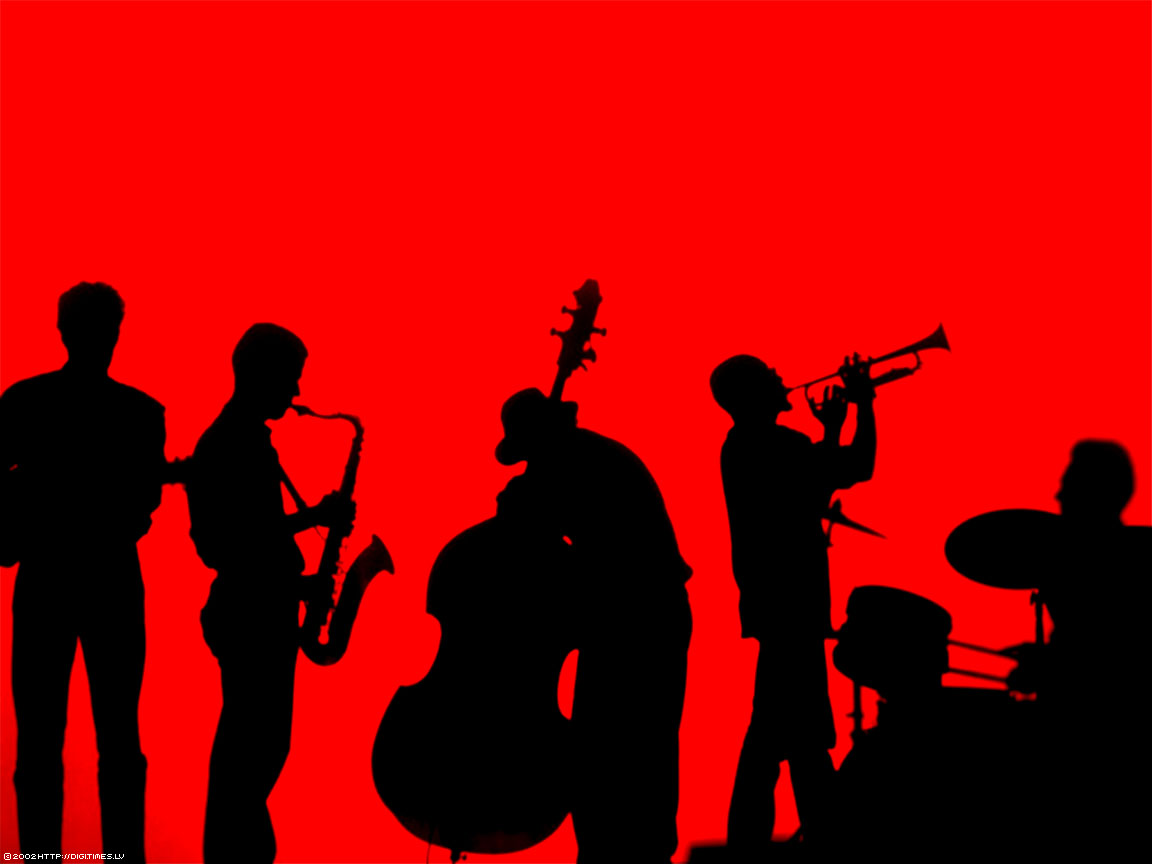I recently attended a jazz concert at which I was the youngest person by about fifty years. Before you hit the snooze button and tune in to something else, let me clarify. This was jazz. Real Jazz. Toe-tapping, hip twitching, smile-inducing jazz from the ‘20s and ‘30s, the era in which the music was made to be danced to. Who cared that the dances were old and the audience wore pins in their hips? The night was joyous, the crowd was electrified and the music was utterly captivating. Until the end of the first half, I was living in a musical dream-world, dancing alone like I really meant it and seriously considering Flapper as a career move. I sat next to an elderly couple during the performance, who attended the performance as a birthday treat from their son. As the music died down and the revelry of the crowd began to peter out, the lady from the couple blinked a few times, sniffed her nose and turned to me. “Well, that was all a little old fashioned, wasn’t it?”
Flabbergasted, I looked deep into her eyes, trying to detect an iota of irony. Nothing. Despite the wonder of the music, despite the palpable happiness of the audience, she had rejected the music as a fossilised remnant of another age. As the music was not part of the lady’s present, she refused to accept it as a valid form of art. Have we really moved so far from our cultural past that we cannot even consider continuing its legacy?
The world is a funny and complicated place. Perpetually moving forward, continually looking back, we are stuck in a social time-warp, understanding everything around us on a temporal continuum whilst forgetting that we too are a part of it. Living constantly ‘in the present’, we find it hard to believe that things from the past can be directly linked to the time in which we live. Astronomically speaking, humanity’s cultural past is so short that the works of Beethoven, or Da Vinci, or even Plato happened only a blink of an eye ago.
If we think about the evolution of mankind, it seems like everything happened so long ago. When we think about the world around us, it is impossible to consider that it is always in a state of change, that the place we live in today will only be around for a relatively short space of time. Animals which exist today will have died out a few million years from now. New plant species will exist. The global landscape will change. As for humans, well, it’s hard to say. Within a few billion years, humanity will most likely have died out. Radiation and heat from the sun will reach such a high level that life on earth will be completely unrecognisable. Everything that we associate with our own society will have died out. There will be no such thing as cultural time; everything will belong to the past.
If we were to propel ourselves into the future a few billion years and excavate our own species, we may be deflated at what we would find. Like the dinosaurs, our entire world will become fossilised within the layers of the earth. Books will remain as carbon rectangles in layers of dirt. Instruments will disintegrate. Music, art, science, ideas will completely have disappeared. The writings of Aristotle, or the music of Mozart are still so precious and relevant to our current culture because they will only exist for a finite amount of time. Rather than brush them off as relics of a bygone era, we should cherish these ideas from our recent past because very soon, they will have disappeared completely. After the lady next to me uttered her opinion, I could not respond. Her negligence of a relatively recent time is indicative of our ignorance of the past. Whilst we should continue to be forward facing, we should never forget the world which we leave behind us. And 90 years ago? I can remember it as if it was yesterday.
Image via: FreeJazzLessons

